Raising a kid can be stressful at the best of times, but when that child has a disability, you face a unique set of challenges. One big worry is who’ll care for them once you’re no longer around.
One mom thought ahead and drew up a last will and testament, to make sure her adult autistic son wouldn’t be left alone. He’s in his 20s but apparently has the mental capacity of an 8-year-old, and needs round-the-clock care.
Never did the mom imagine that her oldest daughter, who agreed to be his guardian, would abandon him and hightail it out of the country – for good. She did this just six months after his mother was buried. The man’s other sister is now seeking legal advice.
A woman took guardianship of her autistic brother after their mom was buried

But when she realized how much work it entailed, she abandoned him and left the country for good


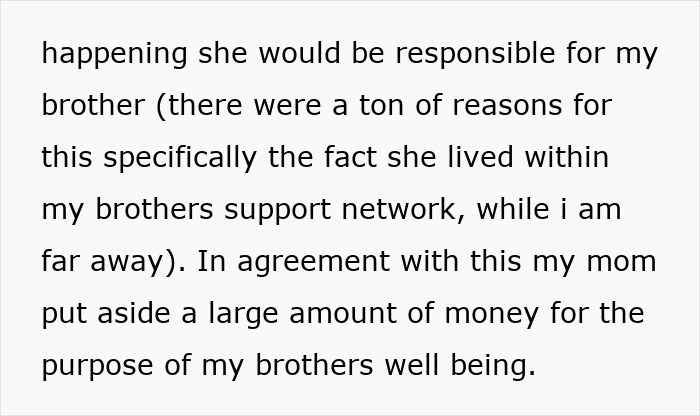
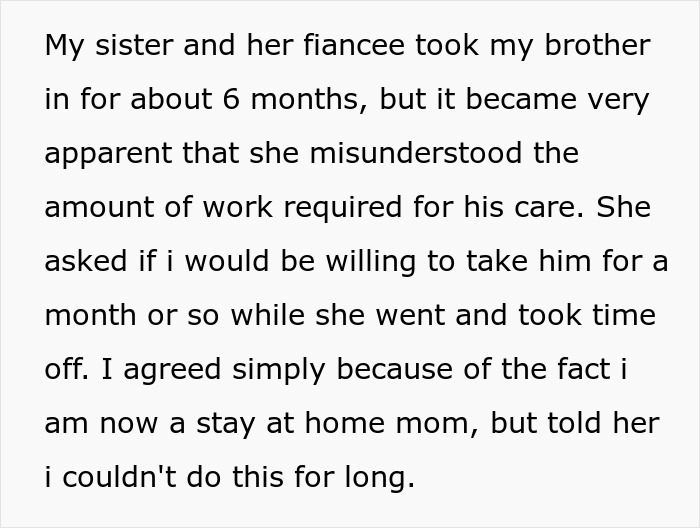
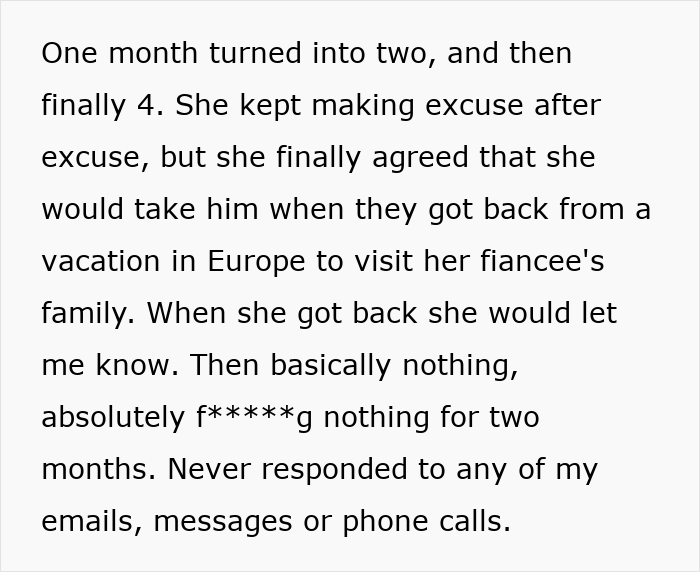

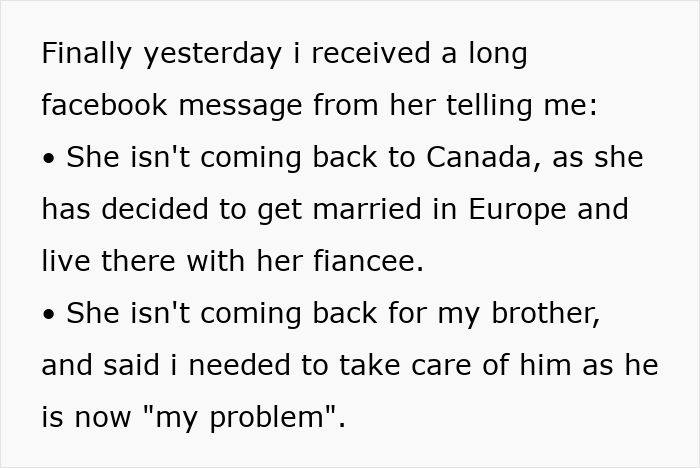



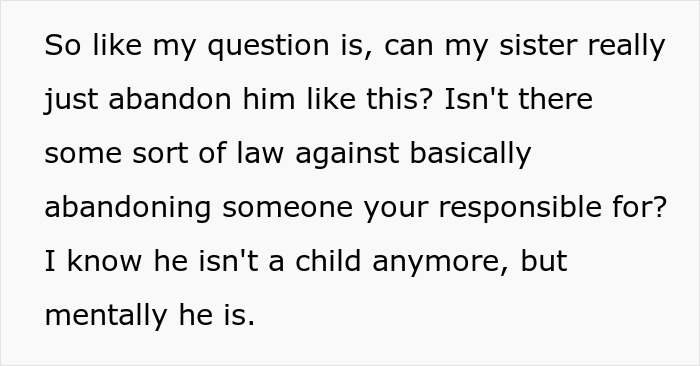
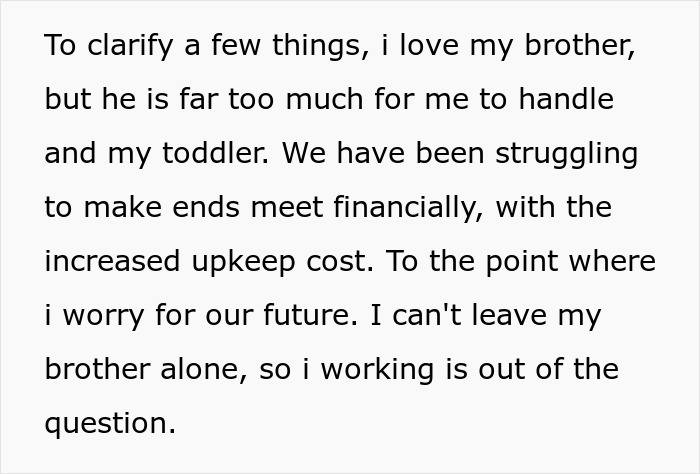
Image credits: NeedLegalAdvice2912
“Your guardianship isn’t transferable and ends with you”: experts weigh in
A guardian is someone with the legal power to care for another person and manage that person’s personal and/or financial affairs. That’s the definition, according to Investment Management Group, Rockland Trust.
In most cases, parents will be their child’s legal guardian until they turn 18. When it comes to special needs children, some parents choose to extend their guardianship through the courts. Or they petition for someone else to become the adult child’s legal guardian.
“The law doesn’t assume that an adult with special needs is incapable of handling his or her affairs. After reaching the age of majority (generally age 18), your child is a legal adult,” notes Rockland Trust. “He or she will be judged capable of handling his or her own affairs unless declared incapable by a court.”
“Petitioning to become a guardian is a lengthy legal process, but it may be appealing to parents still caring for young adults with disabilities who aren’t ready to be independent,” adds Sechler Law Firm.
Should a guardian be appointed, this person will have legal and financial authority over the child when parental rights would otherwise be terminated. They can advise the adult child, manage assets, and oversee his or her care.
Legal guardianship is a big deal. And it’s not something to be taken lightly.
“As a guardian, you have a responsibility to care for whatever the court has entrusted to you, and failing to do so could bring legal consequences,” warns the law firm.
It’s also often a lifelong commitment. Guardianship either ends when your own life does, or when the court legally ends it. It’s not as simple as just transfering it to someone else. That person would need to go through the same court process.
“The court grants guardianship to someone both by how much the ward needs a guardian, and by how fit the petitioner is,” notes the legal site.
Rockland Trust adds that generally, a parent would draw up a will and nominate a guardian, along with several contingent guardians.
“The court has final approval, but it will usually approve whomever you nominate, unless there are compelling reasons not to do so,” say the investment management experts.
“She has broken the law”: Many people came forward to offer the woman advice
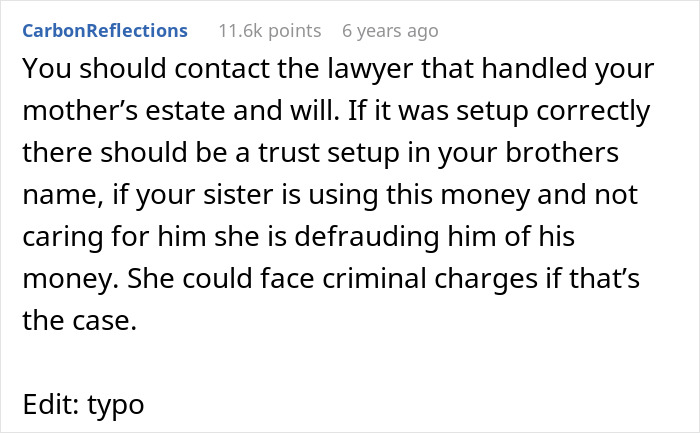
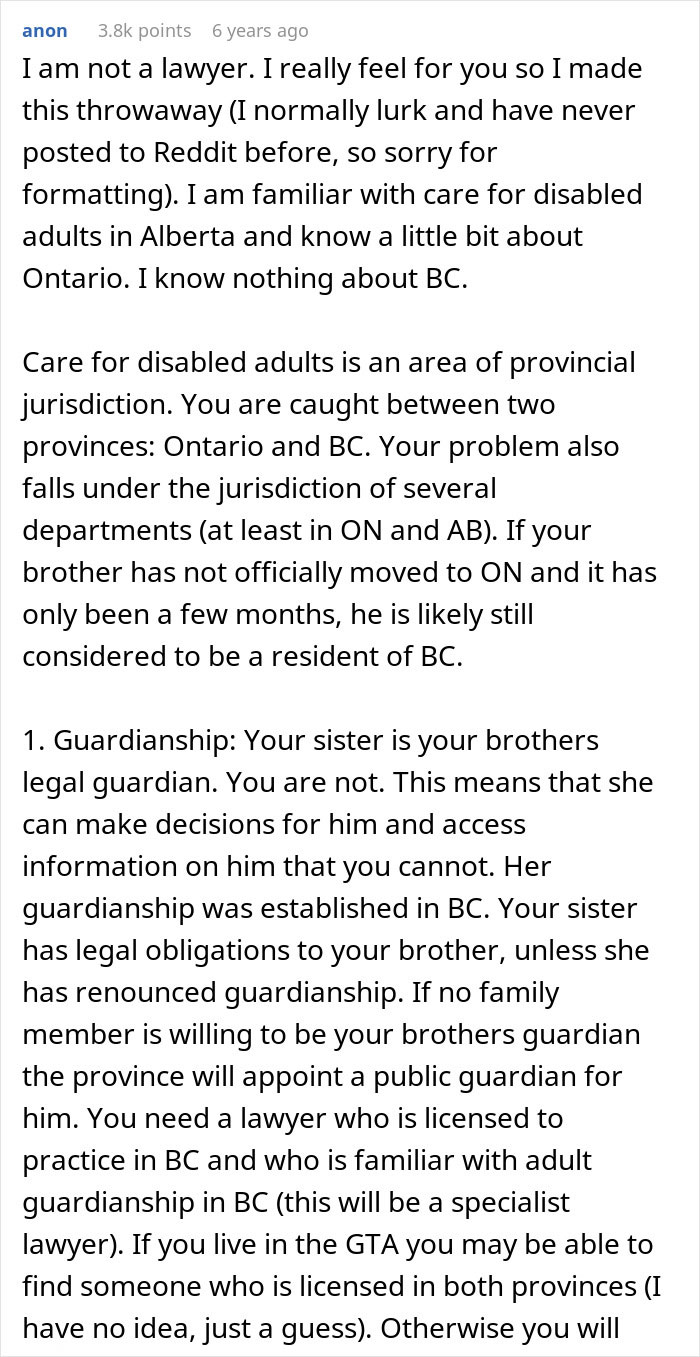
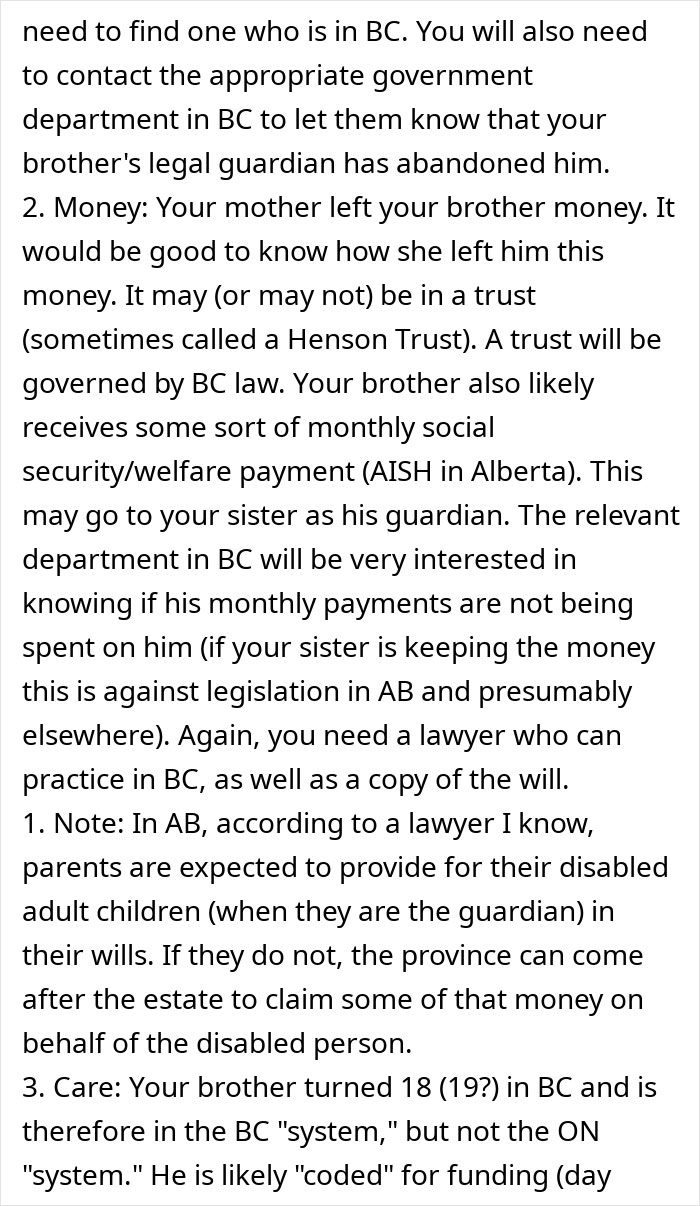
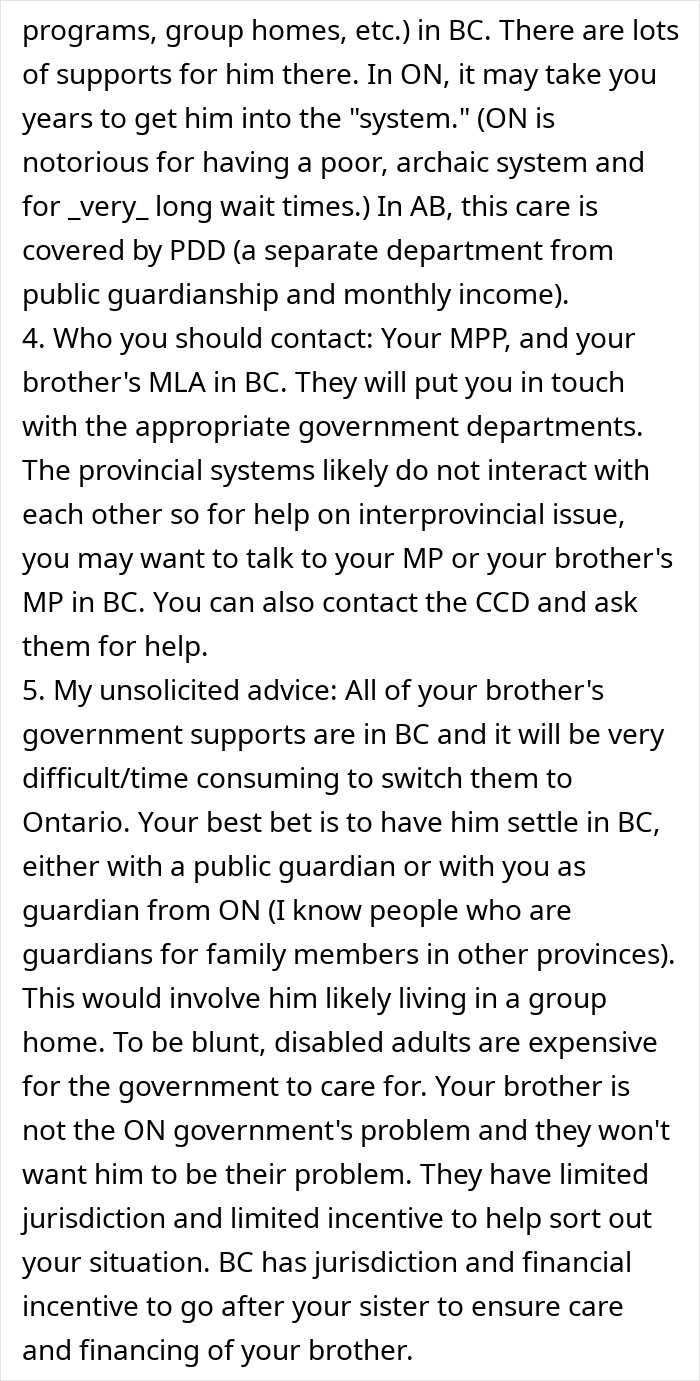
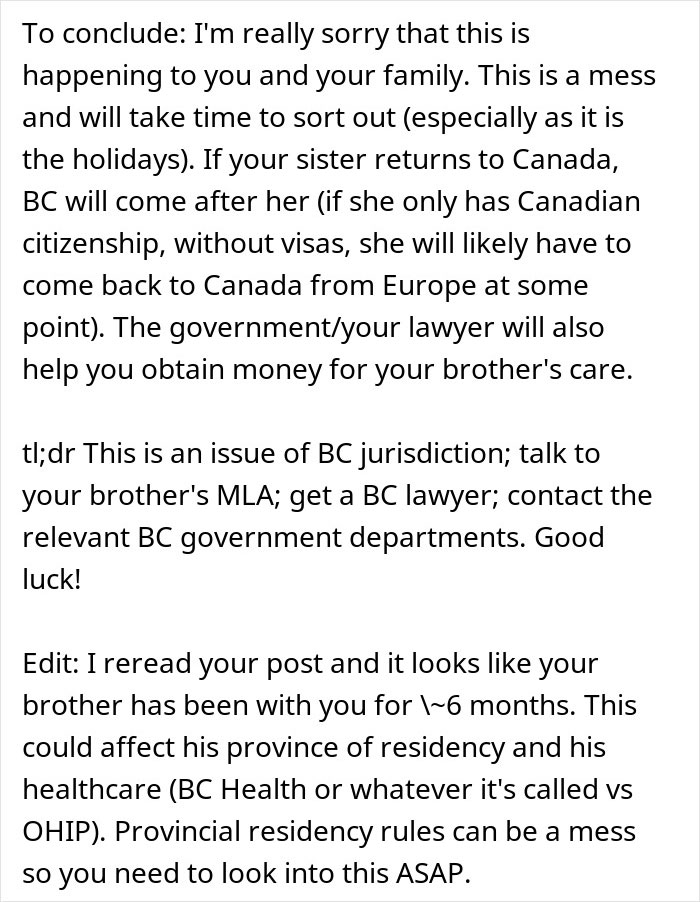
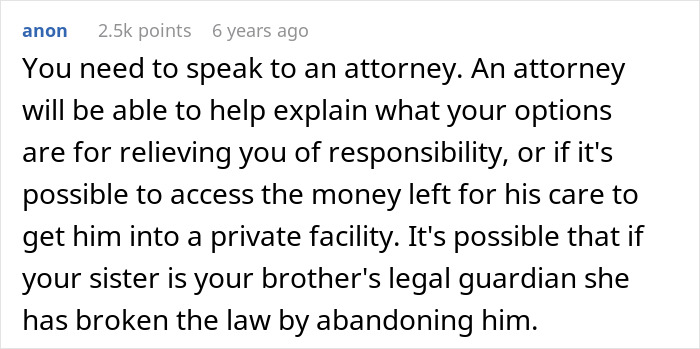
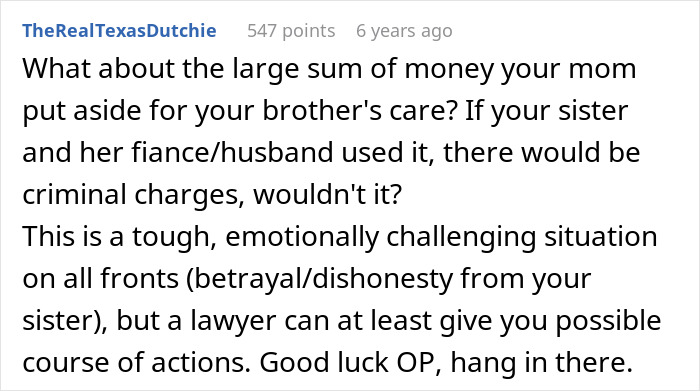

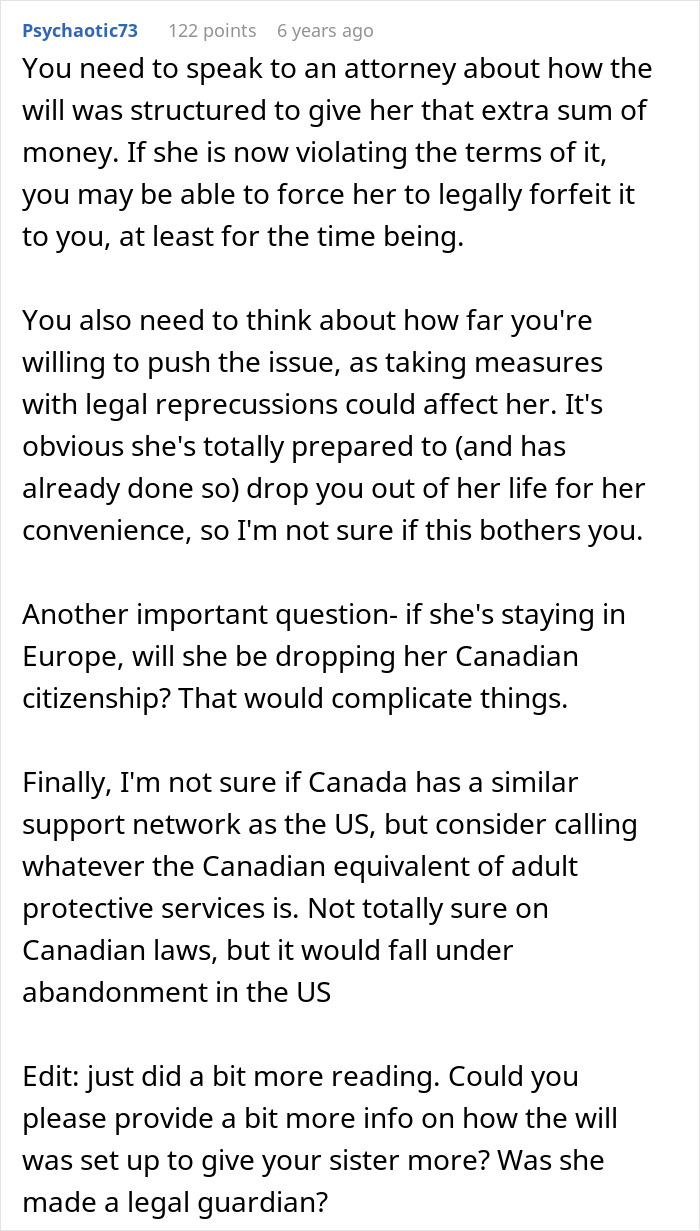
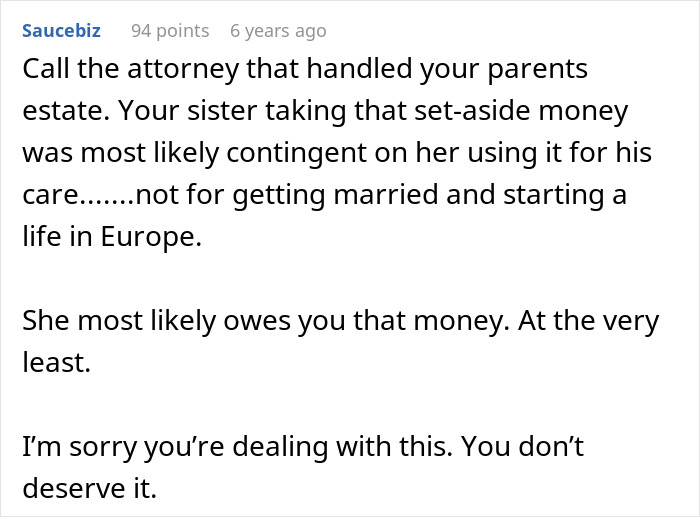
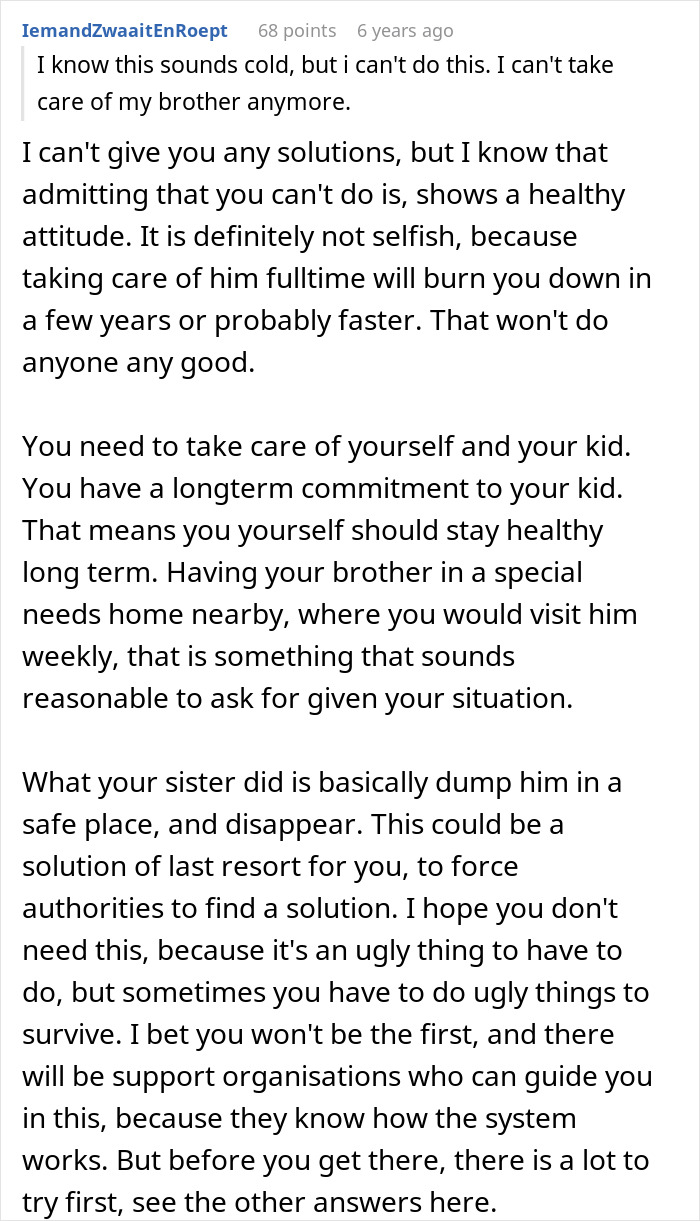
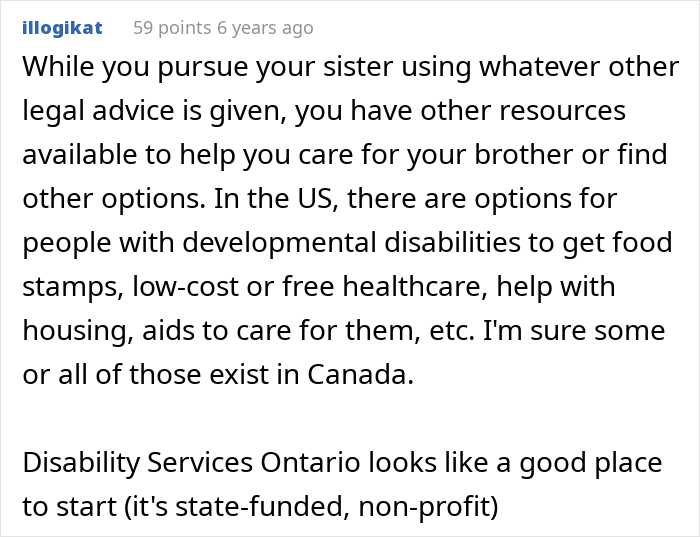
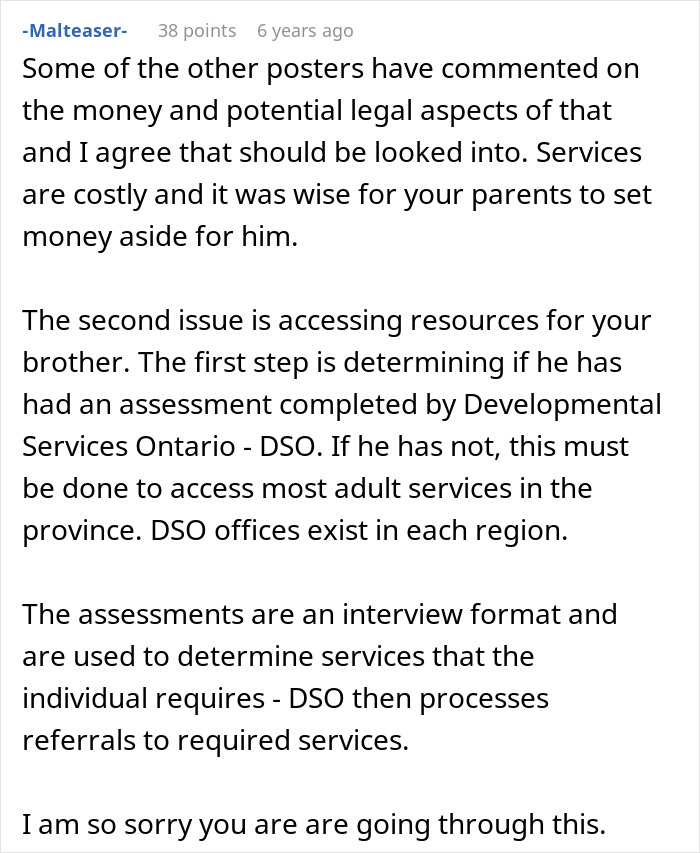
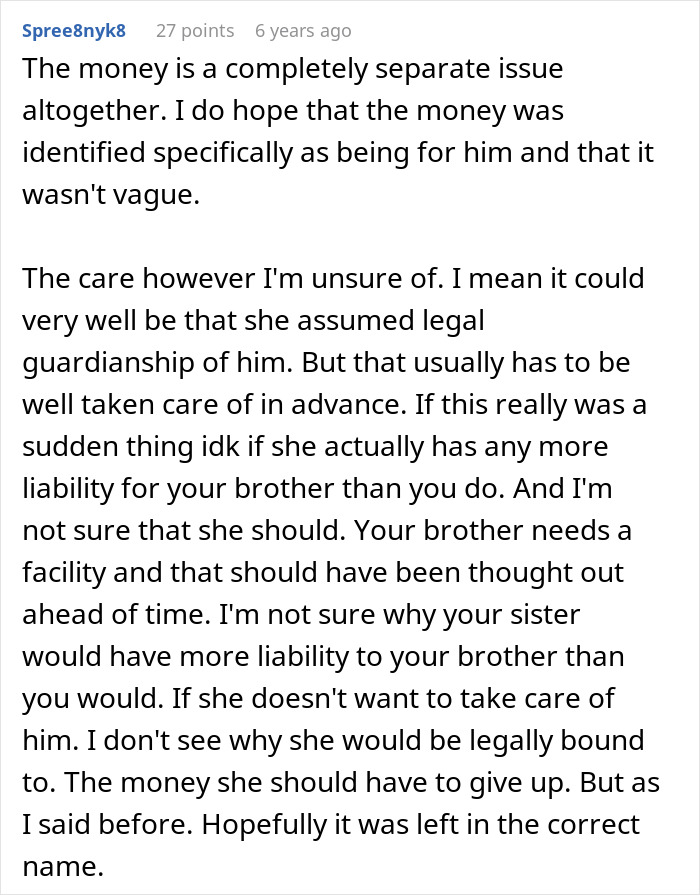
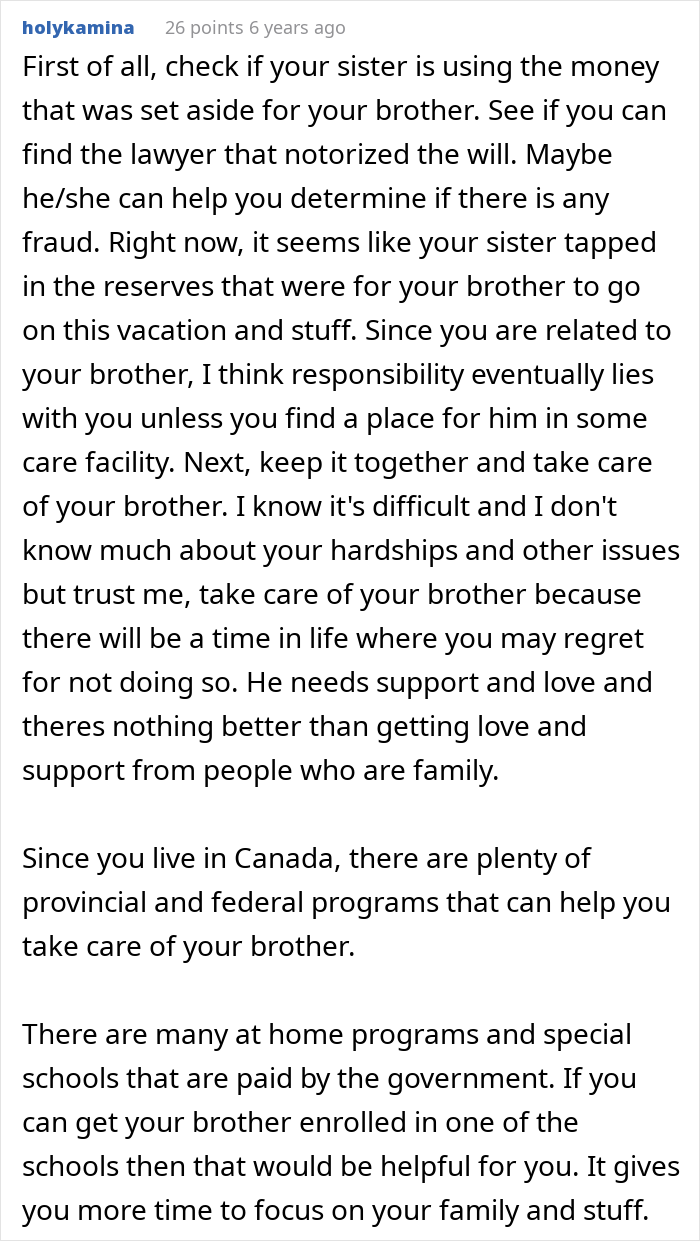
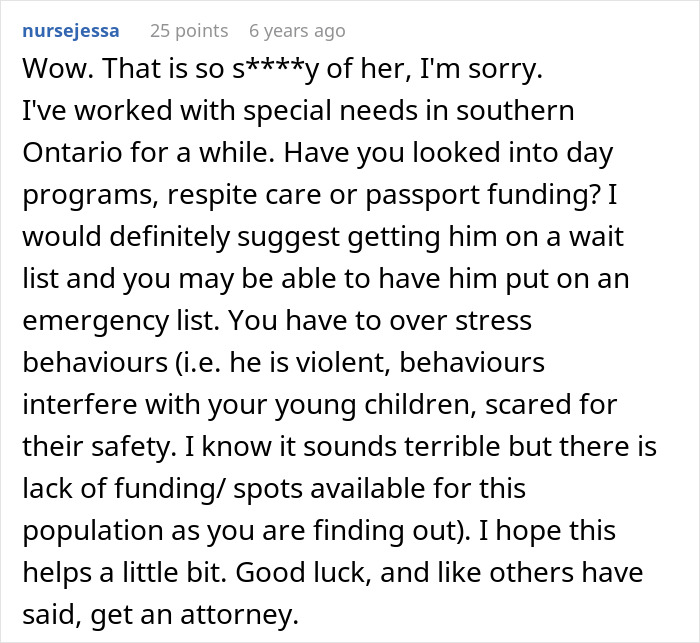
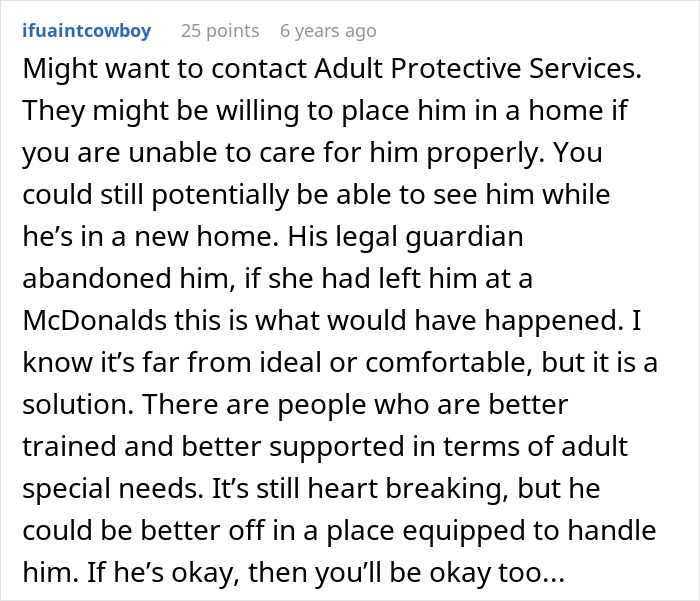
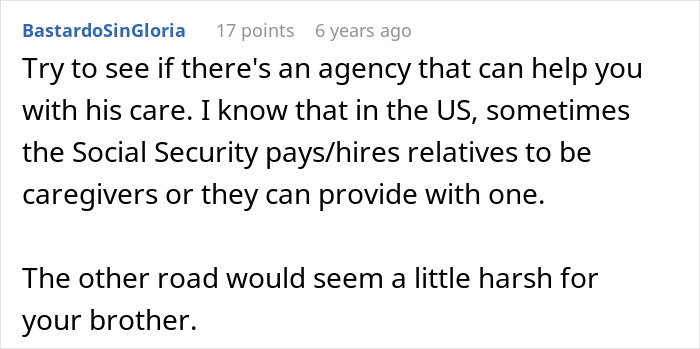
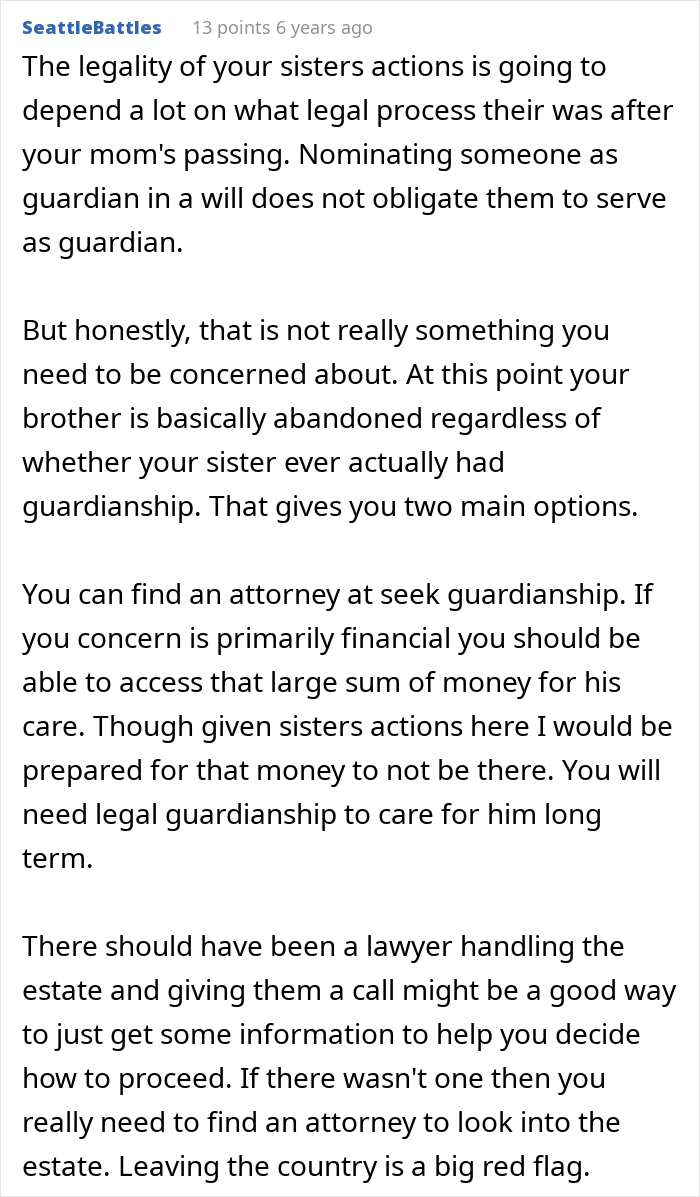



 Follow Us
Follow Us





